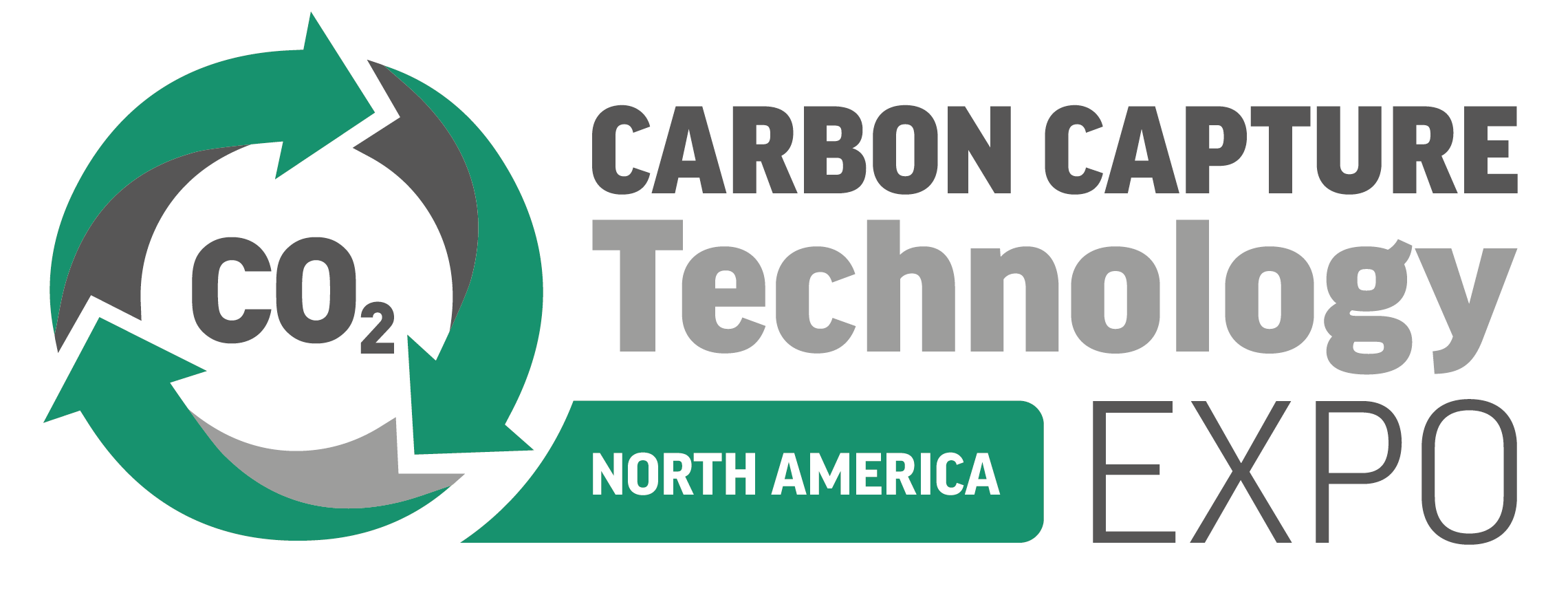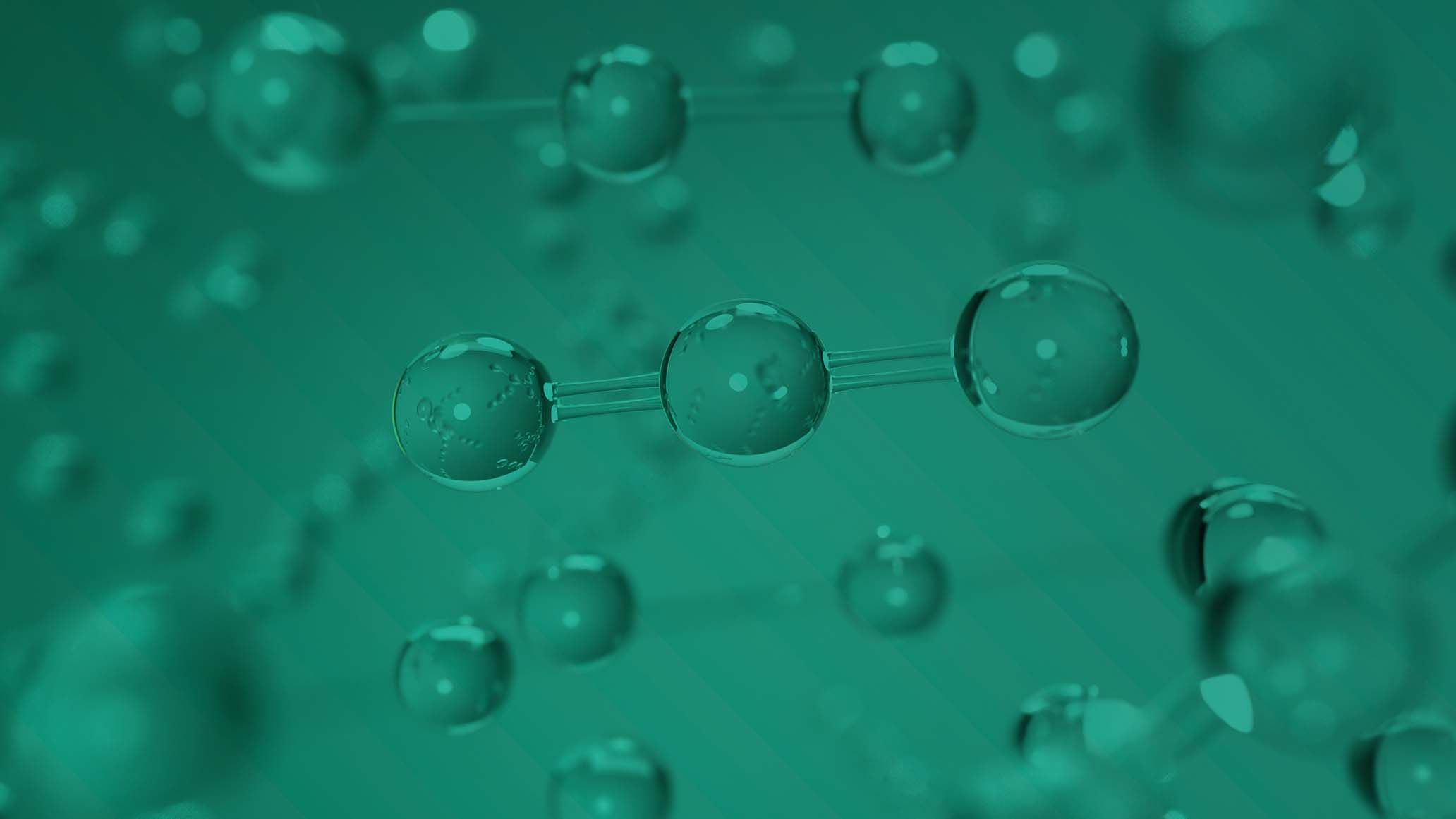Linde Engineering has agreed to supply the Yara ammonia project with Co2 liquefaction
)
Linde Engineering and Yara have created an agreement and signed a contract over building a world-scale carbon dioxide liquefaction plant in Sluiskil, which is located in the Netherlands.
Yara is a global fertiliser manufacturer and the carbon dioxide liquefaction plant is planned to be built on-site beside Yara’s pre-existing ammonia plant. The new plant is planned to be operational by 2026 and it will also be a part of a CCS venture that is known to be one of the first commercial CCS ventures in Europe.
This innovative new plant will be extremely beneficial to all the parties involved, especially Yara’s clean ammonia initiative. The plan for this initiative is that it will be able to successfully and efficiently capture 800,000 tons of carbon dioxide every year. The captured Co2 will also be liquefied and loaded onto specially designed ships. The Co2 will then be stored permanently below the seabed that is off the coast of western Norway.
This process will be aided by the plant, as it will prepare the carbon dioxide from Yara’s ammonia plant for transportation. This preparation will be done through compressing, drying and liquefying through using a refrigerant. To do this, the liquid Co2 will be stored within horizontal tanks that have a total storage volume of an estimated 15,000 meters cubed, then the Co2 will be shipped for sequestration. The benefits that this process being made possible would bring to the Yara project, are very clear, as currently the Co2 source is not connected to the final storage location via pipeline. Therefore, the liquefaction of the carbon dioxide through a corresponding Linde plant will make the economical transport possible and additionally, it would make it possible by either, ship, train or truck.
Choosing Yara’s Sluiskil site to host this plant is an excellent decision as the site has been operational since 1929 and it is also the largest ammonia and mineral fertiliser production site within Europe. At the moment, the plant is producing an estimated 3.2 million tons of carbon dioxide every year. Of this 3.2 million, approximately 1.4 million tons are able to be used in applications such as, commercial greenhouses, carbonated drinks, and urea for NOx removal in diesel engines. Whilst some of it can be put to use, around 1.8 million tons of Co2 are emitted to the atmosphere every year. However, through the addition of Linde’s plant, around about 50% of the total Co2 emissions which are not utilised elsewhere will be liquefied, therefore significantly benefitting the plant and the environment.
Executive Vice President Linde plc and CEO of Linde Engineering, Juergen Nowicki, commented, “This collaboration with Yara confirms Linde Engineering’s leading position in terms of technology and execution know-how for projects of this scale. It is also a crucial step on the path to net-zero for the fertiliser industry. Coastal CO2 hubs, which load liquid CO2 into ships for sequestration, are an asset in Europe’s decarbonization strategy with many more facilities in the planning stage.”
Vice President of Yara Netherlands, Michael Schlaug, added, “Yara, as a frontrunner, has found the project to be complex yet incredibly valuable. The energy we’ve invested in it is more than worth it because we’re paving the way for CCS as a technology in Europe and giving impetus to a clean hydrogen economy. Additionally, this investment signifies that the parent company sees our Sluiskil plant as a key asset within Europe. The investment also ensures the preservation of ammonia production and technological knowledge, decarbonization of the food chain, thus securing strategic autonomy for Europe.”



)
)
)
)
)
)
)



)
)
)
)
)
)
)
)
)
)
)
)
)
)
)
)
)
)
)
)
)
)

)

)
)
)

)
)
)
)
)
)
)
)
)
)
)

)

)
)
)
)
)
)
)
)
)
)


)
)
)

)
)
)

)
)
)
)
)
